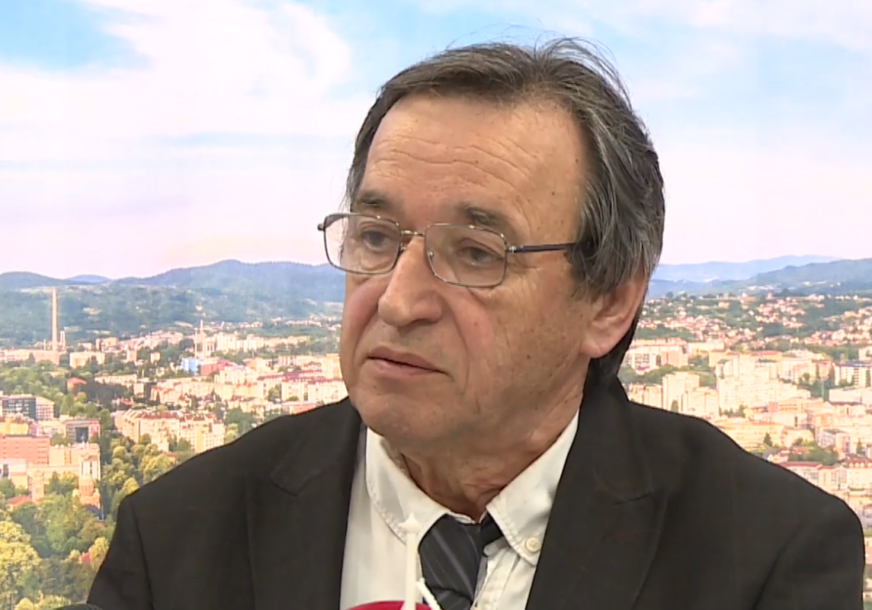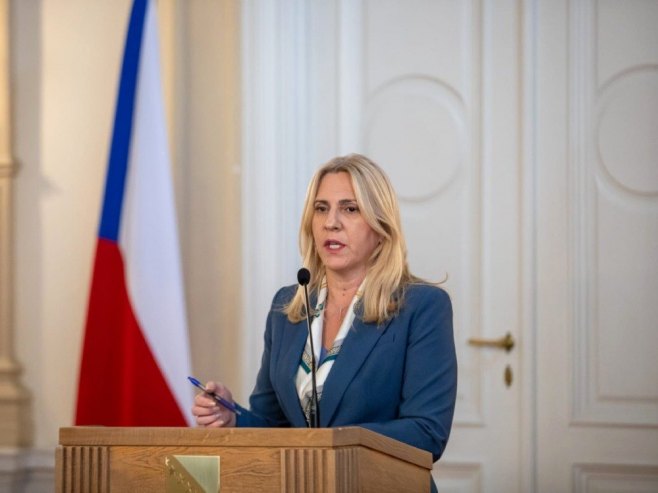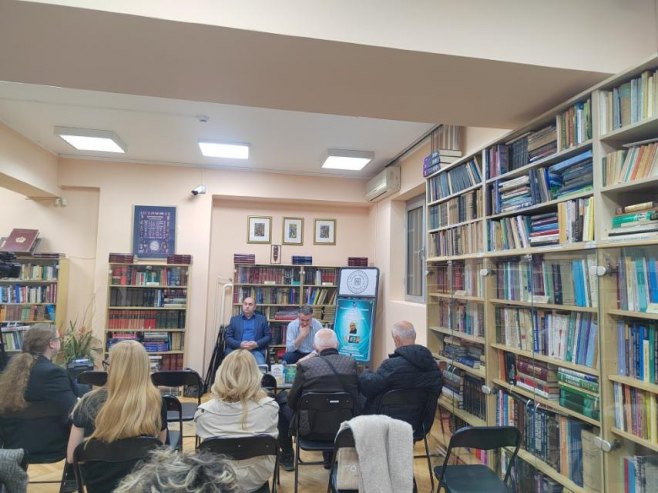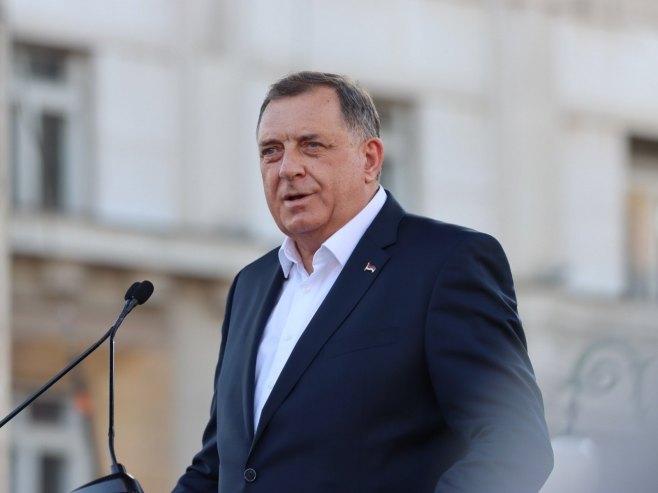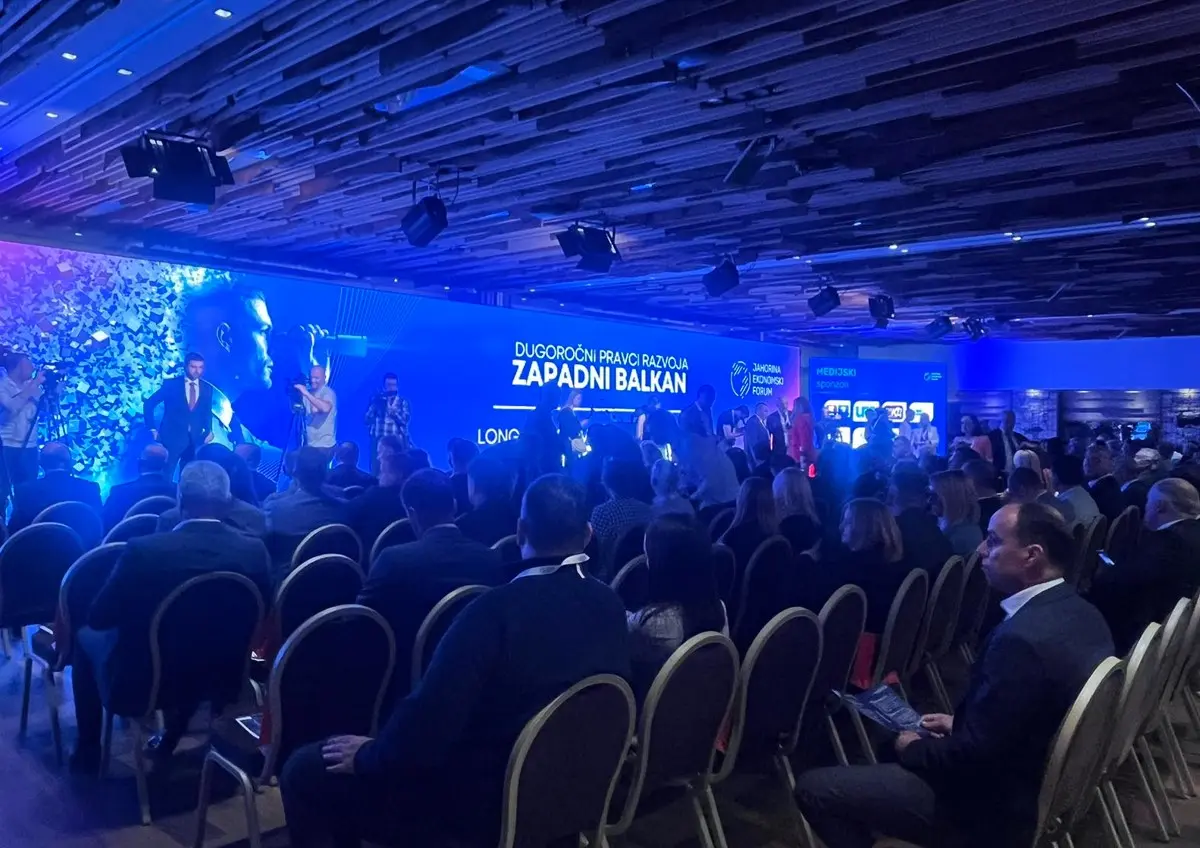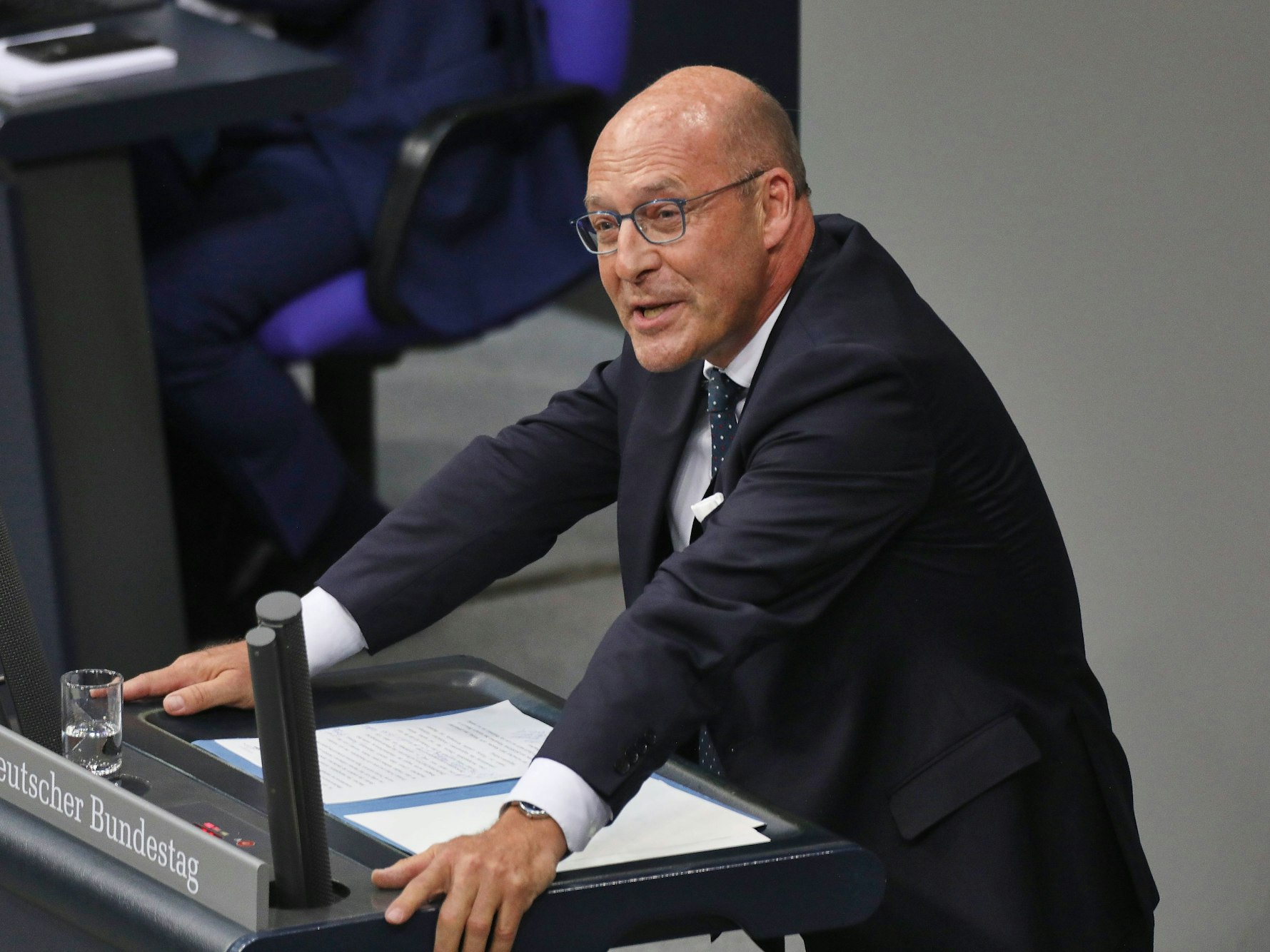Given the complex constitutional structure of BiH and frequent political disagreements between the entities, particularly among holders of political power and national collectives, holding a referendum in Republika Srpska represents a mechanism to protect entity autonomy and the citizens’ right to decide on matters directly affecting their community, constitutional law professor Mile Dmičić told SRNA.
Dmičić stated that the referendum, as a form of direct and free expression and decision-making by citizens on issues of special importance, represents one of the key democratic achievements of modern society, whose significance in the context of Republika Srpska is particularly evident in light of the constitutional and political circumstances in BiH.
- Under these circumstances, it becomes a kind of guarantor of the political will of the people of Republika Srpska, allowing a clear articulation of their stance on vital issues, whether related to internal policy, constitutional solutions, or relations with other levels of government, Dmičić explained.
He noted that in a modern democratic, constitutional, legal, and political system, representative bodies such as the parliament and government make decisions on behalf of citizens, but in the post-Dayton context, there are issues that, by their nature, go beyond the scope of everyday political decision-making and touch upon the very essence of the community’s political, national, economic, or cultural identity.
It is precisely here, he emphasized, that the referendum gains its full significance, allowing the most important decisions to be legitimized directly by the people, without intermediaries.
- This strengthens the democratic legitimacy of organs and institutions, reduces the gap between citizens, i.e., the electorate, and the authorities, and fosters a sense of responsibility and community. For this reason, in Republika Srpska, the referendum also carries additional symbolic and political weight, Dmičić believes.
He emphasized that although the results of referendums in Republika Srpska are not legally binding for the National Assembly and may have only an advisory or consultative character, their political and social weight far exceeds the formal-legal framework and carries almost obligatory political force.
- The referendum generates a strong democratic imperative that organs and institutions cannot and must not ignore. It directly reflects citizens’ expression on a given issue and provides a clear signal to organs and institutions about the direction in which the citizens want the Republic and its society to move, Dmičić said.
Speaking about previously held referendums in Republika Srpska, whose results were annulled by the Constitutional Court of BiH, and regarding which the international community held a negative stance, Dmičić stated that the claim of double standards has some basis.
He pointed out that referendums, both in European and global practice, are recognized as a fundamental instrument of direct democracy.
- Many countries, from Switzerland and Italy to Ireland and Denmark, regularly use referendums to decide on constitutional amendments, membership in international organizations, or socially sensitive issues. In this sense, challenging the referendum process can be seen as depriving citizens of their right to democratically express their will, Dmičić noted.
At the same time, he added, it undermines the basic constitutional principle in BiH that it should be a democratic state, acting according to law and with free and democratic elections, rather than a kind of protectorate with diminished sovereignty and a fragmented constitutional and institutional structure.
According to him, disputes arise when international practice, where referendums in most European countries are regarded as a “special popular vote,” a legitimate decision-making tool, is compared with the stance of international institutions toward referendums in Republika Srpska.
- Rejecting or challenging such processes for the citizens, organs, and institutions of Republika Srpska creates the impression that double standards are applied, meaning that what is acceptable in other countries is disputed, criticized, or annulled here, Dmičić said.
He concluded that challenging referendums in Republika Srpska could be interpreted as restricting the constitutional and political integrity and statehood, autonomy, and referendum, i.e., plebiscitary, expression of citizens’ will, which, compared to European practice, appears as the application of different standards.
Source: RTRS



